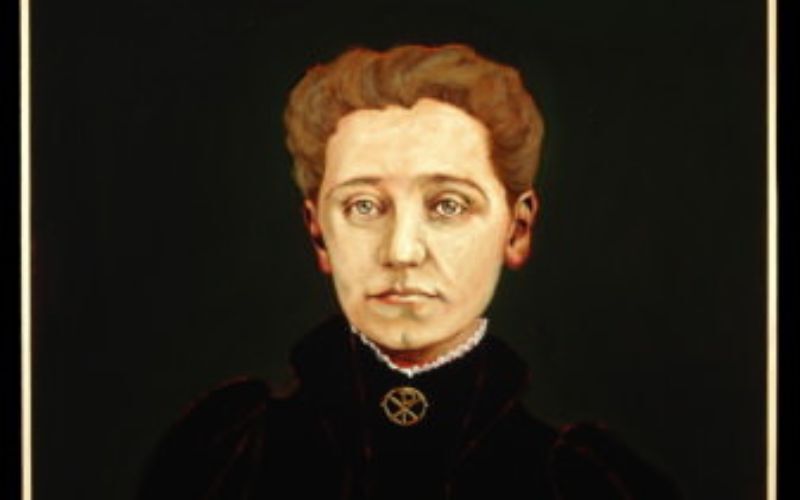Public Philosopher, Sociologist, Author, Woman Suffrage Leader and World Peace Activist (1860-1935)
…Much of the insensibility and hardness of the world is due to the lack of imagination which prevents a realization of the experience of other people.
Additional Quotes by Jane Addams
America's future will be determined by the home and the school. The child becomes largely what he is taught; hence we must watch what we teach, and how we live.
Nothing could be worse than the fear that one had given up too soon, and left one unexpended effort that might have saved the world.
The good we secure for ourselves is precarious and uncertain until it is secured for all of us and incorporated into our common life.
It is doubtless only during a time of war that the men and women of Chicago could tolerate whipping for children in our city prison, and it is only during such a time that the introduction in the legislature of a bill for the re-establishment of the whipping post could be possible. National events determine our ideals, as much as our ideals determine national events
Biography
Jane Addams was born into a large, prosperous family in Cedarville, Illinois in 1860. She graduated from Rockford Seminary but was prevented from realizing her ambition to study medicine by her family’s wish that she prepare herself for married life. Instead of further education, she was given the Grand Tour of Europe. After the death of her beloved father, a period of mental depression and poor health, she set off again for Europe where a visit to the newly established Toynbee House in a London slum changed the direction of her life.
In 1889 she and her friend Ellen Gates Starr founded Hull House in an impoverished section of Chicago, the first major Settlement House in the United States. Her work among the neighborhood people led her to see the need for reform of some of the laws which affected their lives: factory safety, juvenile justice, working hours for women and children, recognition of labor unions. Public support for labor unions was not widely accepted in a city that had experienced the violent Haymarket Riot of 1886, and Jane Addams and her associates were blamed by many for stirring up trouble. As a result, financial support for Hull House waned, and she began to write and lecture to raise money. Her well-known autobiography Twenty Years at Hull House (1910) grew out of this necessity.
Foreseeing the approach of World War I, Addams directed her abundant energy and organizational skill to the founding of the Women’s Peace Party and the International Congress of Women, for which she was expelled from membership in the Daughters of the American Revolution. In 1919 she became the president of the Women'’ International League for Peace and Freedom, a post she held until her death. In America she was also a founder of the American Civil Liberties Union and the National Association for the Advancement of Colored People.
In 1931 Jane Addams was the first American woman to be awarded the Nobel Prize for Peace. Thirty-two years earlier, in a speech entitled Democracy or Militarism, she identified issues with which Americans are confronted a century later: “We must also remember that peace has come to mean a larger thing. It is no longer merely absence of war, but the unfolding of life processes which are making for a common development. Peace is not merely something to hold congresses about … It has come to be a rising tide of moral feeling, which is slowly engulfing all pride of conquest and making war impossible.”


